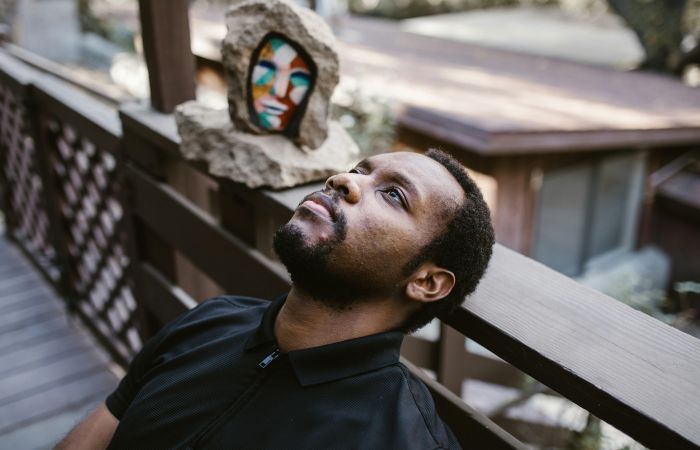
9 Ways to Master Detachment And Save Yourself From Heartache
Being in charge of your emotions is a powerful way to maintain emotional stability and protect yourself from unnecessary heartache. It doesn’t mean becoming cold or indifferent; rather, it’s about developing healthy boundaries and maintaining balance in your relationships and experiences. Here’s how you can master detachment:
What It Is: Emotional detachment is the ability to remain calm, centered, and objective regardless of external circumstances.
What It Isn’t: Detachment isn’t apathy or indifference; it’s a form of self-preservation and mindfulness.
Reflect on areas where you might be overly attached—whether it’s to people, outcomes, or material possessions.
Identify how these attachments cause you stress or make you dependent on external factors for happiness.
Practice mindfulness to become more aware of your thoughts and feelings.
When you feel yourself clinging to someone or something, pause and ask, “Why am I holding on so tightly? What am I afraid of losing?”
Prioritize your well-being and personal growth. Pursue hobbies, goals, and activities that make you feel fulfilled and independent.
Build your self-esteem so that your sense of worth doesn’t rely on others’ validation.
Learn to say no without guilt.
Protect your energy by surrounding yourself with people and situations that respect your boundaries.
Let go of the need to control outcomes or people. Understand that you cannot change others or force situations to unfold as you wish.
Embrace uncertainty as a natural part of life and trust that things will work out as they should.
Maintain a healthy balance in relationships. Don’t lose yourself in someone else’s needs, emotions, or decisions.
Recognize that loving someone doesn’t mean you have to sacrifice your peace or self-respect.
View challenges and disappointments as opportunities for growth.
Shift your focus from what you’ve “lost” to what you’ve learned and gained.
If you’re stepping back from a relationship, do it with kindness and compassion, not bitterness or resentment.
Wish others well while acknowledging that your happiness is your responsibility, not theirs.
Mastering detachment takes practice and patience. It’s about embracing a mindset that allows you to love freely without losing yourself and to engage with life’s highs and lows without being overwhelmed by them.

















